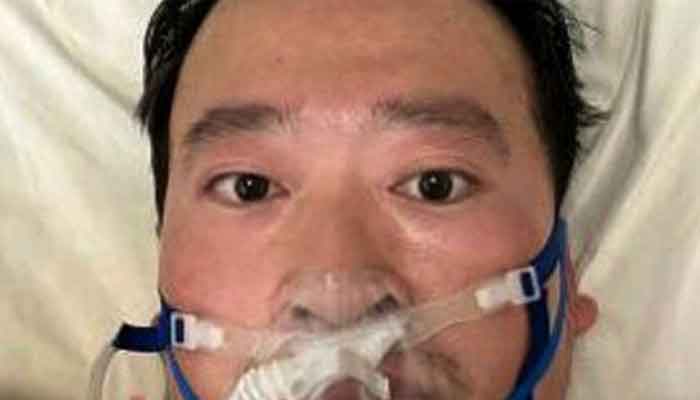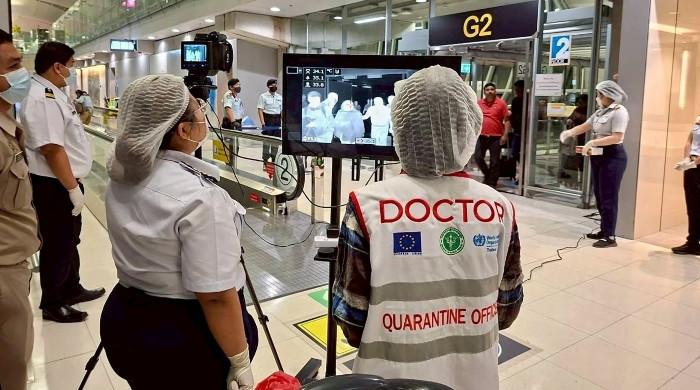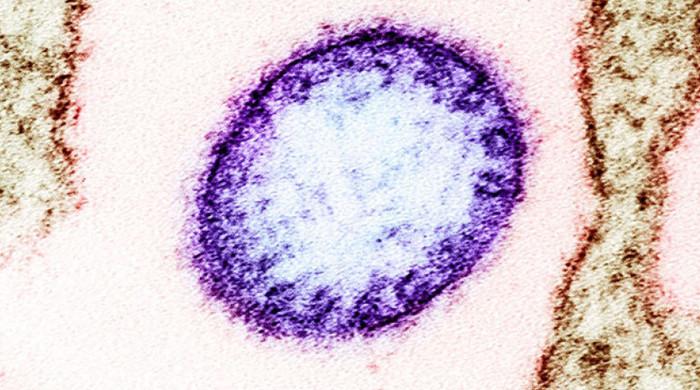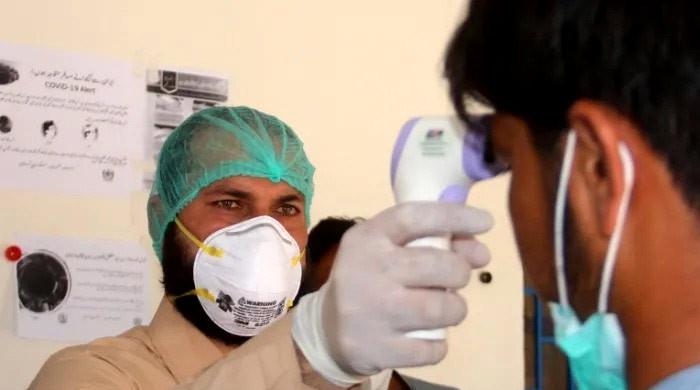Coronavirus: Who was Dr Li Wenliang?
News of Li’s death became the top top-read topic on China’s microblogging site Weibo overnight on Friday
February 07, 2020

BEIJING: A Chinese doctor who issued an early warning about the coronavirus outbreak before it was officially recognised died of the virus on Friday, triggering a wave of public mourning and anger on social media.
Li Wenliang, an ophthalmologist at a hospital in Wuhan, the city at the epicenter of the outbreak, became one of the most visible figures in the crisis after he publicly revealed that he was one of eight people reprimanded by Wuhan police last month for “spreading rumors” about the coronavirus.
Read more: The global spread of the coronavirus as death tally crosses 560 mark
News of Li’s death became the top top-read topic on China’s microblogging site Weibo overnight on Friday, with over 1.5 billion views, and was also heavily discussed in private WeChat messaging groups, where people expressed outrage and sadness.
Some Chinese media outlets described him as a “hero who was willing to speak the truth” while other commentators posted poems, photos and drawings saluting him. The World Health Organization said on Twitter that it was “deeply saddened” by news of his death.
“Light a candle and pay tribute to the hero,” said one Weibo commentator. “You were the beam of light in the night.”
But there were also signs that discussions of his death are being censored. The topic “the Wuhan government owes doctor Li Wenliang an apology” briefly trended on Weibo late on Thursday, but yielded no search results on Friday.
Also read: China virus crisis deepens as whistleblower doctor dies
The Wuhan hospital where Li worked said on its Weibo account that he died at 2.58 am local time on Friday.
Li, 34, had told a group of doctors on WeChat, a Chinese social media and messaging platform, that seven cases of a disease resembling Severe Acute Respiratory Syndrome (SARS) had been linked to a seafood market in Wuhan, believed to be the source of the virus.
He posted a picture of a test result confirming a “SARS-like” coronavirus in a patient sample, according to a screenshot of the WeChat conversations seen and verified by Reuters.
Li said on Weibo on Feb. 1 that he had tested positive for the coronavirus.
Reuters has been unable to reach Li’s family.
A letter to Li from the Wuhan police bureau on Jan. 3 said he had “severely disrupted social order” with his WeChat messages.
He was asked to sign the letter as a promise to stop such illegal behavior immediately, and told that if he refused to comply he would face criminal charges.
His treatment by authorities triggered memories of how China in 2003 was accused of trying to cover up a major outbreak of SARS, a previously unknown virus believed to have emerged from the wet markets of Guangdong province before spreading into major cities and other countries.
Reports of Li’s death had surfaced before midnight local time in China, as Chinese state media such as the Global Times posted on their Twitter accounts that he had died, before deleting the posts later.
China has now reported more than 600 deaths and 30,000 cases of the coronavirus. China has vowed repeatedly to be open and transparent in dealing with the situation.











